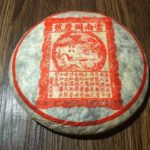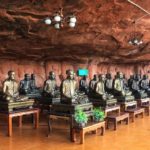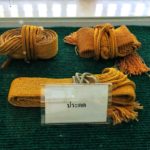Monks in Thailand – Daily Activities
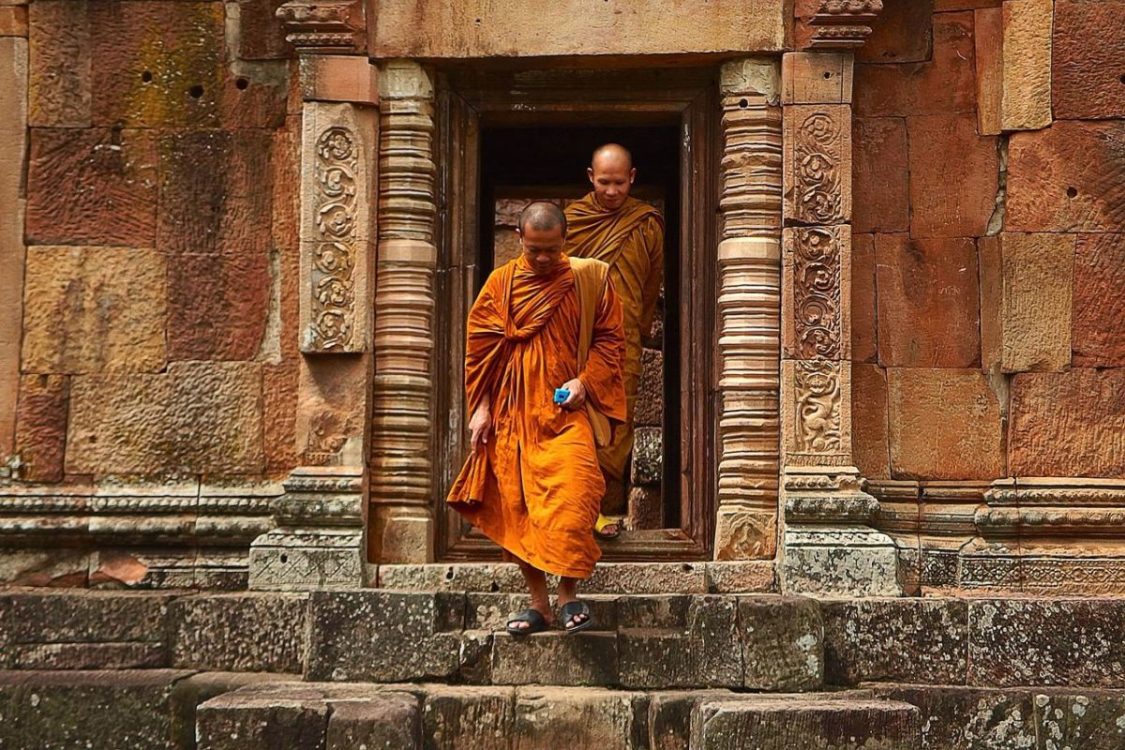
Monks in Thailand have many important roles. The main role of a Thai monk is to provide spiritual guidance and teachings to the people. They also frequently lead ceremonies and rituals, including weddings, funerals, and other important life events. Many revered monks have served as advisors to school and university administrators, as well as to leaders in local and national governments.
However, the daily routine of the average Buddhist monk in Thailand remains somewhat of a mystery to many people. So, in this post we will describe a monk’s schedule of daily activities.
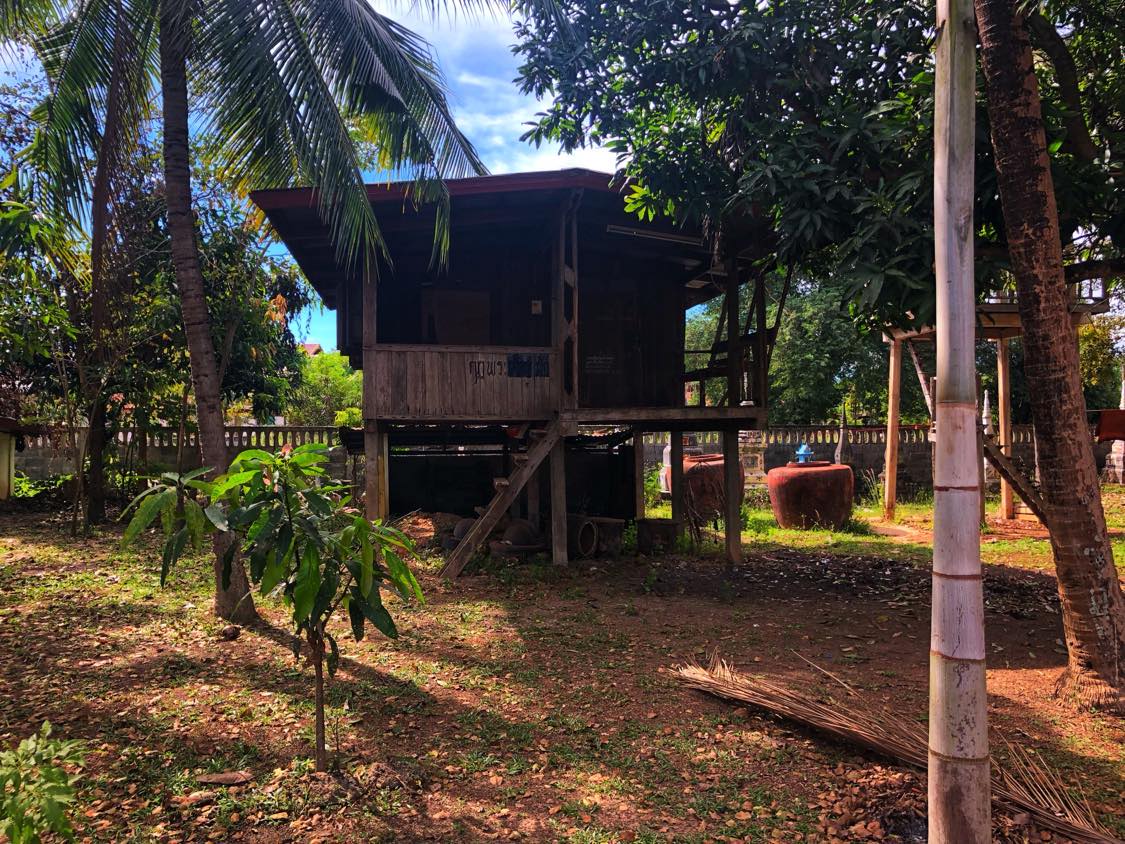
1. A Thai monk’s day begins between 3am and 4am. After they wake up, they clean both the inside and outside of their place of residence (known as a kuti). They also will engage in other personal activities, such as bathing, hygiene, walking or sitting meditation, studying the dharma, and practicing yoga or qigong (pronounced chee gong), which is a traditional Chinese practice that combines breathing techniques, physical postures, and meditation to cultivate and balance the body’s vital energy.
Monks in Thailand will also drink tea in the morning, with Oolong tea being the favorite of many monks, who say that it helps them with their meditations. Check out our review of one specially fermented Oolong tea that we rank as the best tea in Thailand.
2. At around 5 am, a temple gong is often rang to officially start the day, with the monks then gathering at the temple to engage in activities such as group prayer, Buddhist chanting, the lighting of incense, and cleaning the temple grounds. Not all Thai temples begin the day with gong ringing. Some reserve it only for special Buddhist days and merit making occasions.
3. Breakfast time for monks in Thailand is usually between 7am and 8am. They may begin by walking around the village around 6am with their alms bowls, accepting food from villagers who usually sit on the roadside waiting for them, or the villagers may bring breakfast to the monks at the temple — afterwards moving to a nearby congregation room where they all eat together communal style.
A Thai monk who follows the ascetic forest tradition popular in Sakon Nakhon and Northeast Thailand, will eat only once a day. However, a Thai monk is allowed to eat twice a day, but not after 12pm. Even so, many Thai villagers will show consternation with their local monks if they see them eating a 2nd meal at 11 am at a noodle shop.
4. From 8am to 9am, Thai monks will engage in post-breakfast prayer and/or counsel villagers who are having some personal problems.
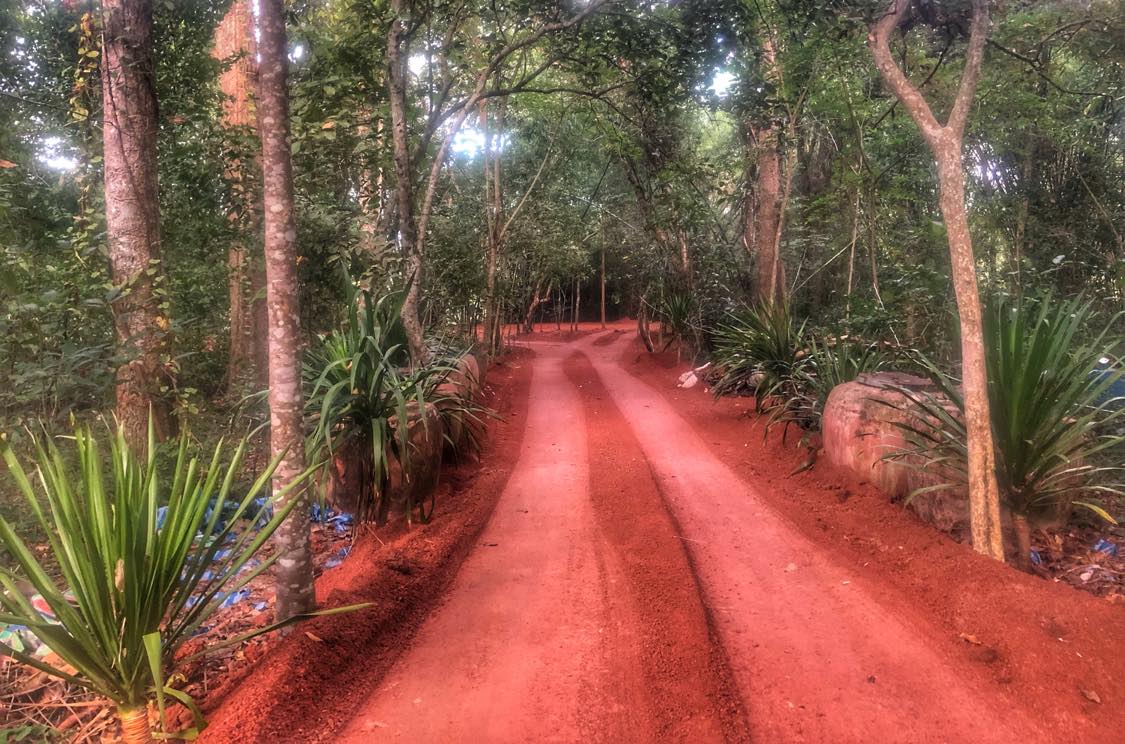
5. For the rest of the day, from around 9am to 7pm, monks in Thailand will engage in a variety of activities, depending on their status, and the type of temple in which they live. Physical labor, such as sweeping trails in forest and other grounds-keeping, is usually done before 10am or late afternoon/early evening to escape the intense heat of middle day.
Some Thai monks may be picked up and taken to new homes or business openings to conduct blessing ceremonies. While other Thai monks will spend the day studying Buddhist manuscripts, learning the Pali language (in which the manuscripts are written), and engaging in meditation. There are also other monks in Thailand who spend many of their afternoons creating sacred amulets, medicinal ointments, wood carvings, and sak yant (sacred tatoos).
6. At 7pm, Thai monks will usually gather together at their temple for evening chanting and prayers, including Charoen-jit-phawana (เจริญจิตภาวนา), which seeks to cultivate the prosperity of the mind and spirit. It is a concept that is deeply rooted in Thai culture and is often used as a guiding principle for personal and societal development.
In Thai philosophy, Charoen-jit-phawana emphasizes the importance of cultivating a positive, virtuous, and compassionate mindset. It is believed that by developing inner peace and contentment, individuals can achieve a greater sense of happiness and fulfillment in life.
7. Bedtime for monks in Thailand is usually around 8:30pm, a couple hours after sundown. However, some may stay awake until 10 pm, when then it is lights out.
- Affirmations in Buddhism & Thailand - June 7, 2025
- Speak Thai Naturally Without the Gymnastics - April 20, 2025
- The Best Learn Thai Podcast and YouTube Channel - April 10, 2025


